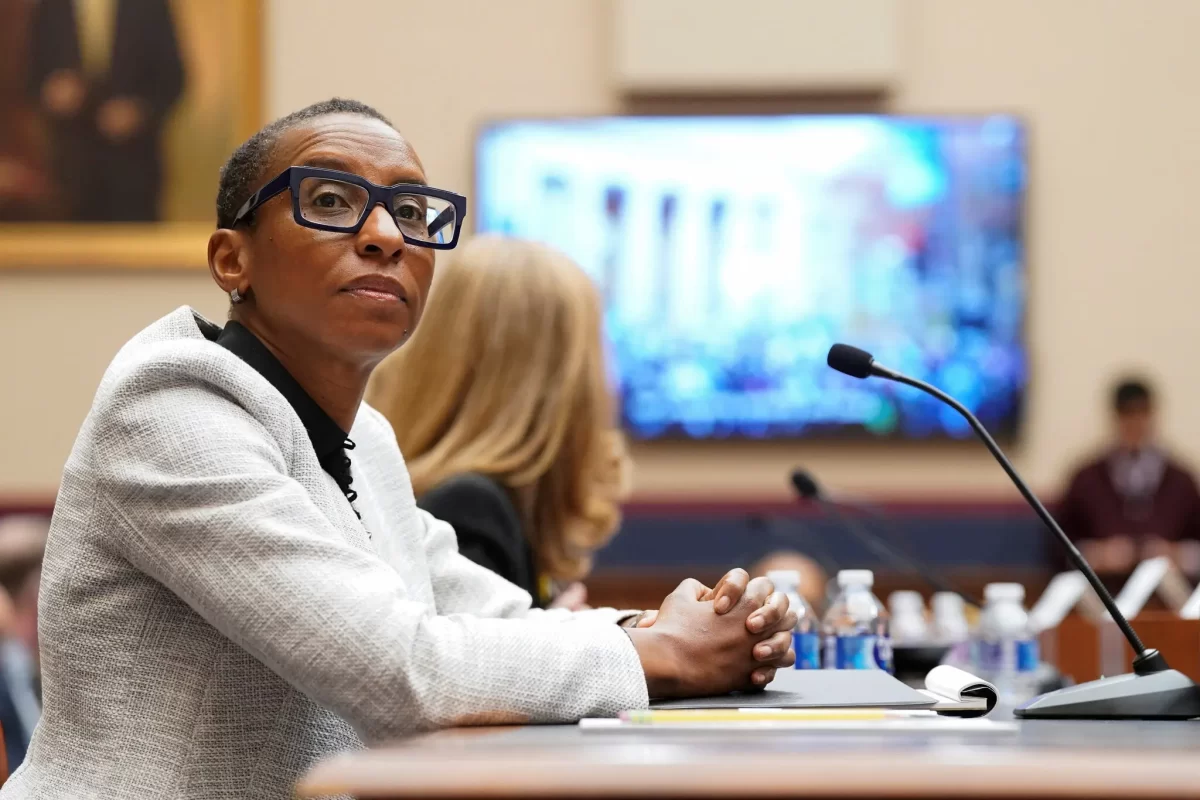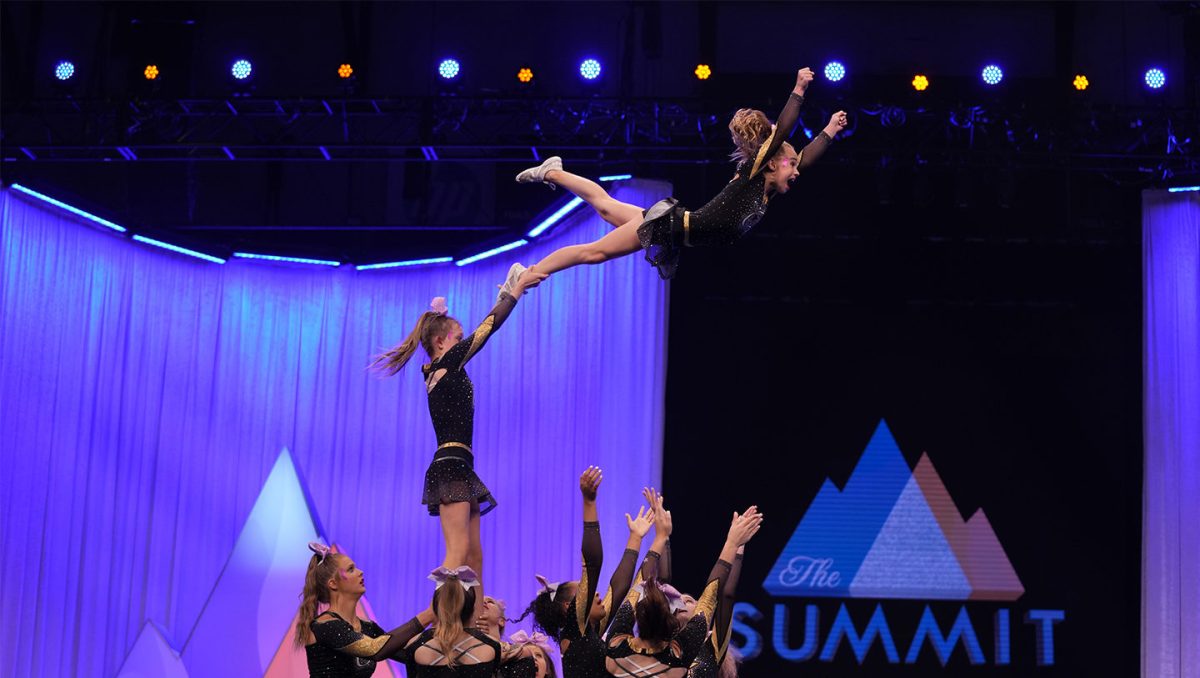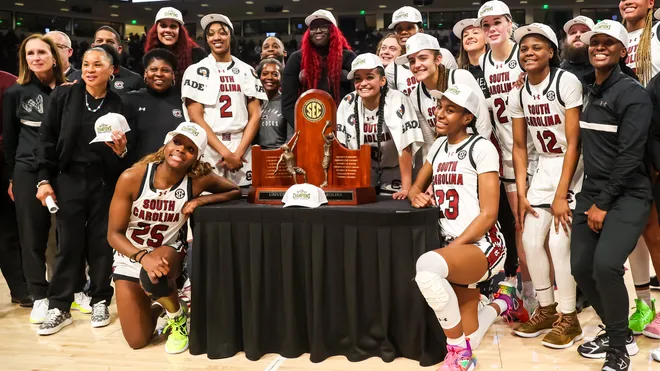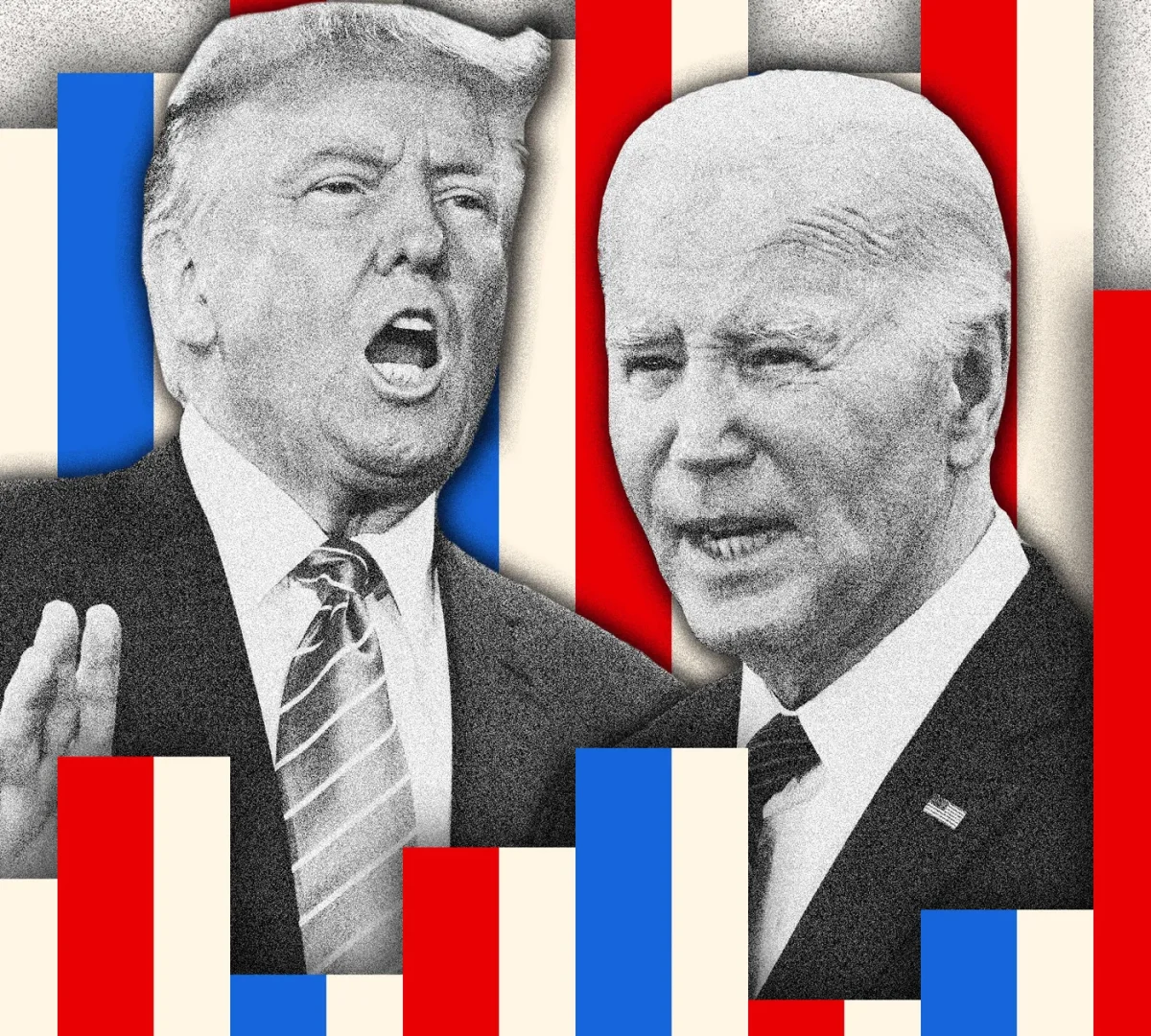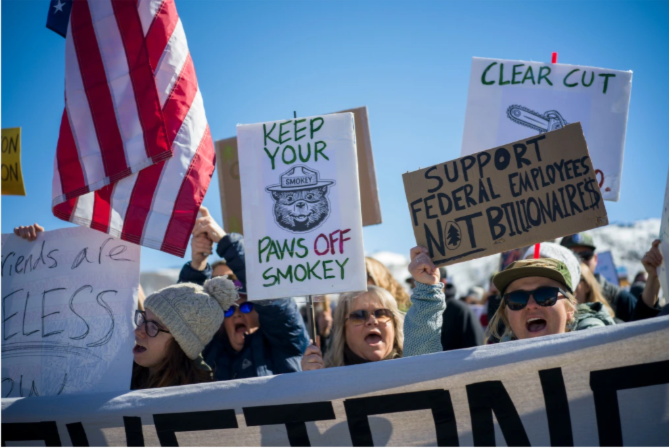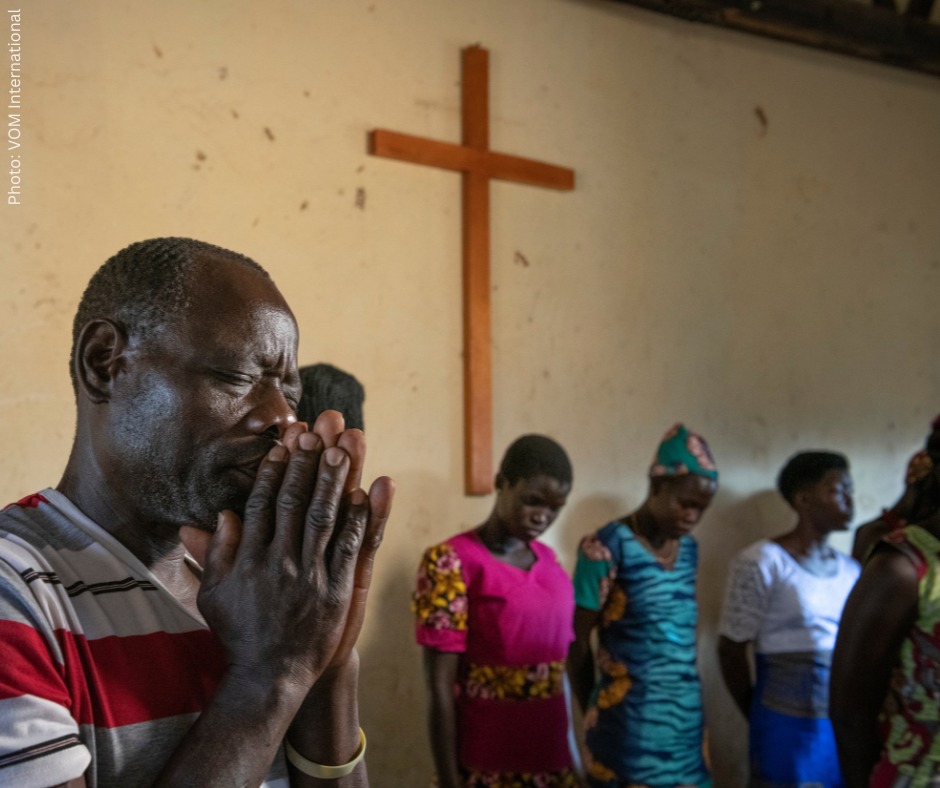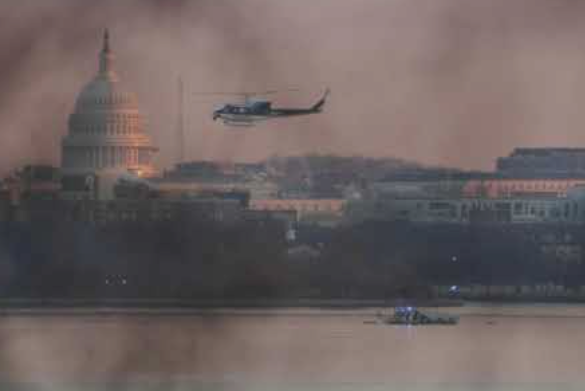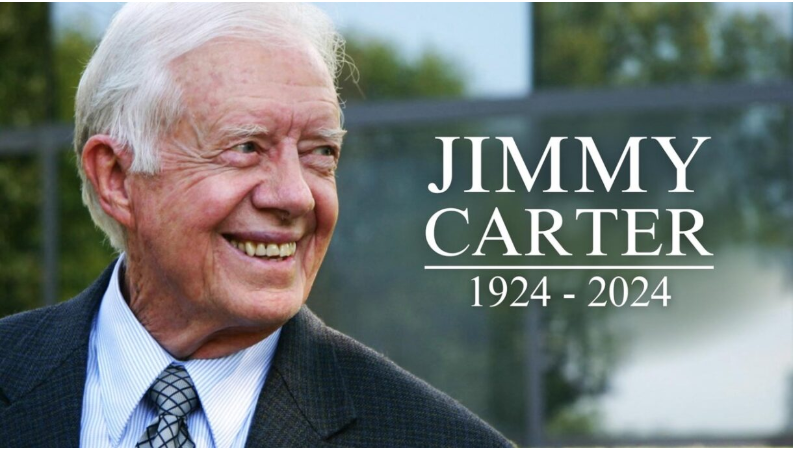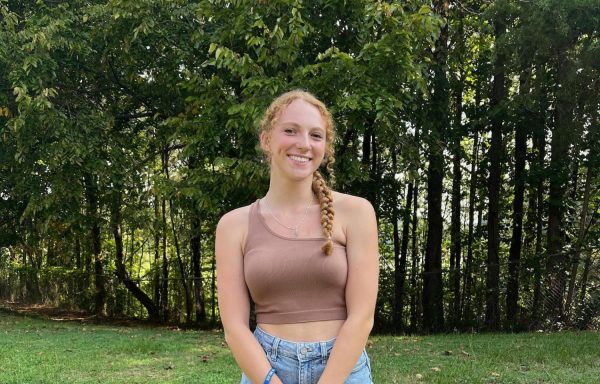After just six months as Harvard’s president, Claudine Gay, stepped down on Jan. 2, 2024, setting the record for the shortest time in office since the university was first founded in 1636. As Gay is not the first ivy league president to step down this past month, many students nationwide are questioning whether these highly acclaimed universities should still hold a spot on their vision boards.
“As a student in high school, [choosing where I go to college] is a huge decision. I do not want to go to school that treats their students poorly, even if it is an ivy league,” Colby Weiner, freshman, said.
Following plagiarism allegations and major criticisms for failure to combat antisemitism on campus, Gay was ultimately forced to announce her resignation, specifically because her actions caused major loss in support from Harvard donors. While the plagiarism accusations were the final straw that led to her stepping down, the donors voiced that they were especially angered with Gay’s lack of urgent response to the Hamas attack on Israel on Oct. 7, 2023, and her failure to reassure many Jewish students who expressed safety concerns on campus due to antisemitic attacks and harassment. Now, these students are suing the university for neglecting to properly act on the issue.
“It is a disappointment to minorities holding poor views against each other when it is important that they work together to strengthen their communities and positions in America,” Madison Vacca, junior, said.
While Gay was the most recent ivy league leader to step down, just over a month ago on Dec. 11, 2023, the University of Pennsylvania president, Mary Elizabeth Magill, also resigned. Magill had appeared in front of Congress and similarly did not acknowledge Jewish people’s safety on campus after some antisemitic students called for a Jewish genocide. Once again, the institution’s donors were outraged; however, their anger had been mounting for months, as they were already frustrated with Magill’s prior actions, where she had failed to denounce antisemitism or comment on the Israel-Hamas War.
“Since Oct. 7, university presidents have sought to balance the free-speech rights of pro-Palestinian demonstrators with fears that some of their language is antisemitic. But Ms. Magill’s lawyerly approach to her own speech during her appearance before a House committee on Tuesday immediately left her vulnerable to attacks,” a New York Times article said.
With tensions high across the United States regarding the Israel-Hamas War, people are looking towards their distinguished leaders to hear them speak out and condemn the violence. With some ivy league presidents not stepping up to the task, many have been quick to criticize them for their lack of action. Despite these leaders having always been under intense pressure to succeed, as a controversial war divides the country, now, more than ever, they have a duty to prevent hate from infiltrating their campuses. This is no easy task, as they must work to ensure they do not limit their students’ free speech rights in the process.
“I think that the recent resignations, due to the issues of how the response to antisemitism on campuses were poorly handled, showcases the societal responsibilities that such institutions hold. They are not just representing a school, but, as ivy leagues, they are acting as role models. Their actions are closely followed by society, and as such, I believe they need to realize the true impact that they hold before acting accordingly,” Anvita Rautray, senior, said.
While the nation is disconnected over the Israel-Hamas War, there is one thing that many can agree on: ivy league presidents have a difficult task at hand to balance hate speech limitations with students’ first amendment freedoms.

